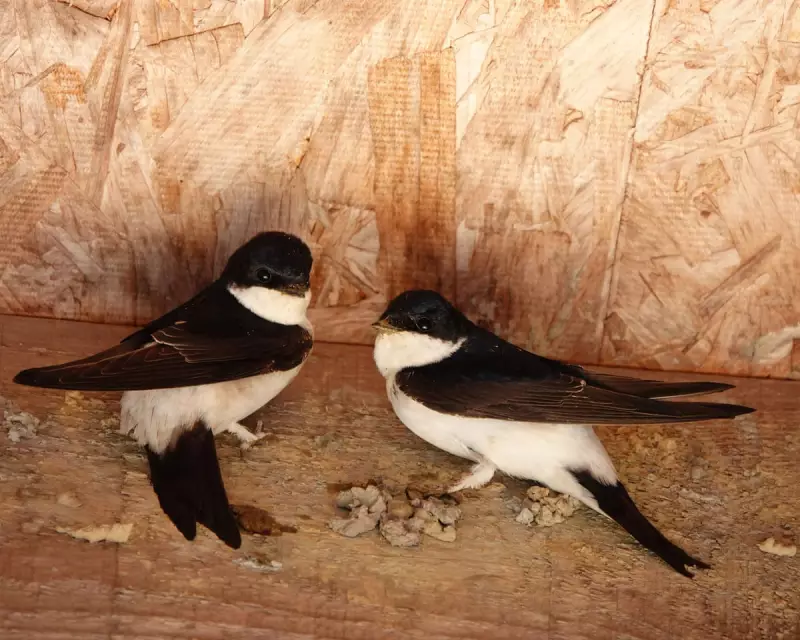
In a fascinating display of nature's adaptability, birds across the UK are redefining the concept of home by following their food sources rather than sticking to traditional habitats. This remarkable behaviour offers new insights into avian intelligence and survival strategies.
The Great Avian Migration
Recent observations reveal that many bird species are becoming increasingly nomadic, abandoning their usual territories when food becomes scarce and establishing new homes where nourishment is plentiful. This phenomenon challenges long-held assumptions about avian territorial behaviour.
Case Study: The Resourceful Robin
The European robin, typically considered a territorial species, has shown particular flexibility. Researchers have documented robins travelling significant distances to establish temporary territories near abundant food sources, only to move on when these resources diminish.
Climate Change Impacts
Experts suggest this behavioural shift may be linked to climate change, which is altering traditional food availability patterns. Birds appear to be developing new strategies to cope with these environmental changes:
- Increased mobility between habitats
- Shorter nesting periods in single locations
- More opportunistic feeding behaviours
Conservation Implications
This new understanding of bird behaviour has important implications for conservation efforts. Traditional approaches focused on protecting fixed habitats may need reconsideration as birds demonstrate their ability to adapt to changing conditions.
"We're witnessing a remarkable evolutionary adaptation in real time," noted one wildlife researcher. "These birds are teaching us that survival often depends on flexibility rather than rigid adherence to traditional patterns."





